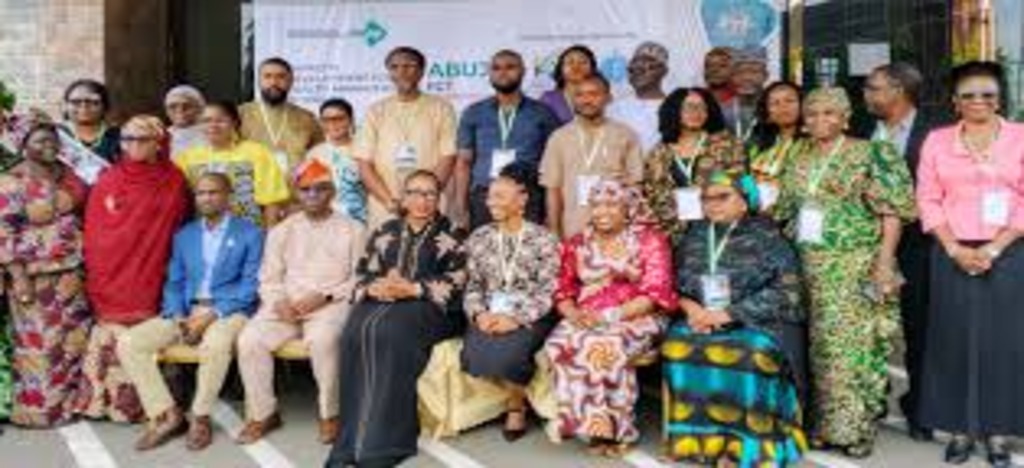Health officials and managers in the Federal Capital Territory (FCT) have called for a substantial increase in health sector funding, in line with the 15 per cent target set by the Abuja Declaration of 2001.
The call was made at the close of a four-day capacity-building workshop in Abuja, organised by the Federal Ministry of Health and Social Welfare. The training focused on developing data-driven, budget-linked Annual Operational Plans (AOP) for the FCT health system.
The programme, held under the National Health Sector Renewal Investment Initiative (NHSRII), aimed to boost leadershipartp, strategic planning, and health systems strengthening efforts across the territory.
Mandate Secretary for the FCT Health Services and Environment Secretariat, Dr Adedolapo Fasawe, described the training as a major step towards preparing a smarter and more responsive 2026 operational plan.
She emphasised the importance of linking the plan to available budget lines to maximise benefits from Disbursement-Linked Indicators (DLIs).
Over 70 senior officials, including programme managers and planning officers from across the FCT and its area councils, took part in the workshop alongside development and implementing partners.
Read Also: Lagos empowers health leaders with new planning tools, eyes sector reform
Fasawe urged all stakeholders, especially donor agencies, to align their plans and investments with the FCT Health Sector Strategic Blueprint and the AOP to improve collaboration and impact.
the FCT Sector-Wide Approach (SWAp) Desk Officer, Dr Theresa Nwachukwu, noted that the training was funded and facilitated by the Ministry and executed through the NHSRII and the SWAp Coordinating Office.
She explained that the workshop was designed to equip participants with practical skills for developing the 2026 AOP based on the Health Sector Strategic Blueprint.
Nwachukwu also highlighted the integration of key national priorities into the planning process, including the HOPE Health Agenda, the Maternal and Neonatal Mortality Reduction Innovation Initiative (MAMII), and the broader Renewed Hope Health Agenda of the current administration.
The training offered tools for effective leadership, planning, and governance, with an emphasis on evidence-based budgeting, results-driven strategies, and cross-sector collaboration.
Participants received guidance on health systems thinking, disbursement-linked indicators, bottleneck identification, and intervention prioritisation, alongside training in data use, performance monitoring, and accountability mechanisms.
They also engaged with a web-based AOP development tool and gained skills in team building and change management.
A key takeaway from the workshop was the identification of significant health financing gaps in the FCT, including weak budgetary support for monitoring and evaluation and a lack of funding provisions for critical programmes at the area council level.
Participants stressed the importance of donor alignment with local strategies, urging development partners to jointly plan with government institutions to ensure resources are targeted to actual health priorities.
Other recommendations included increasing health sector funding at both the state and local levels, ensuring timely release of budgeted funds, and improving overall financing for primary healthcare services.
The workshop concluded with a strong appeal for both domestic and external partners to commit more resources to strengthening the FCT’s health system.



